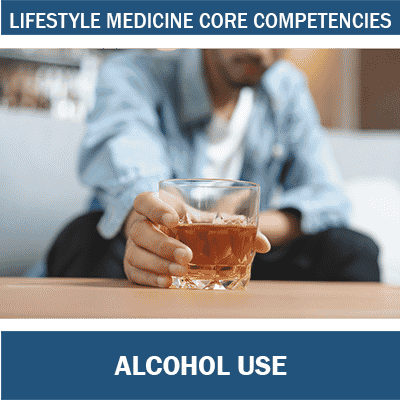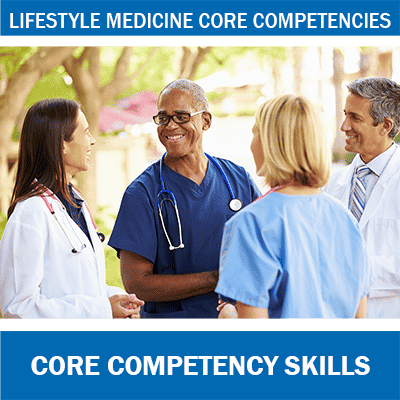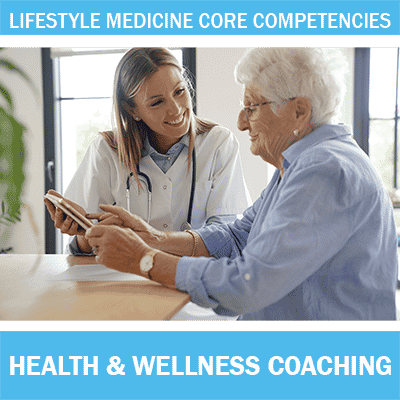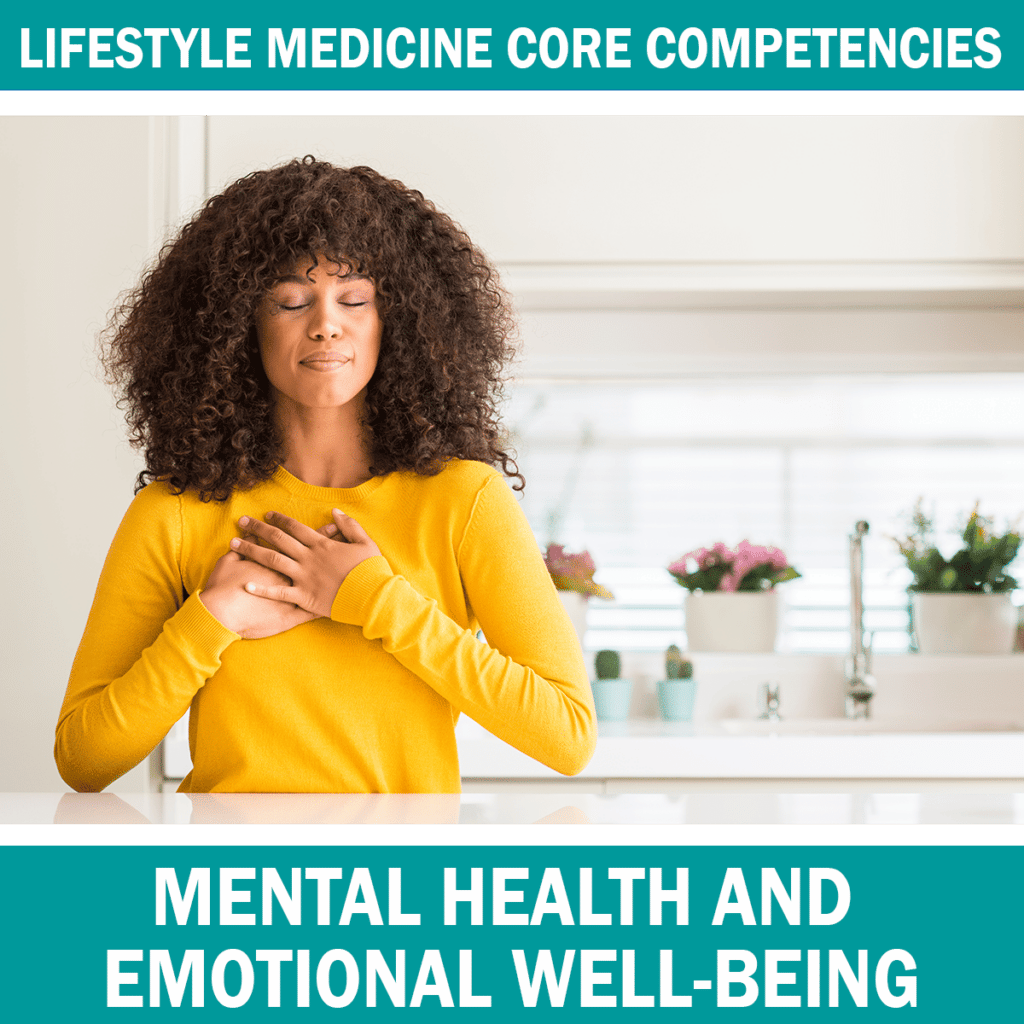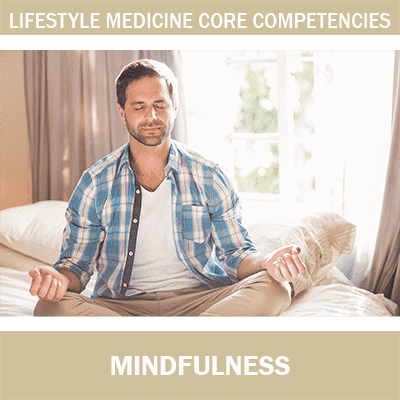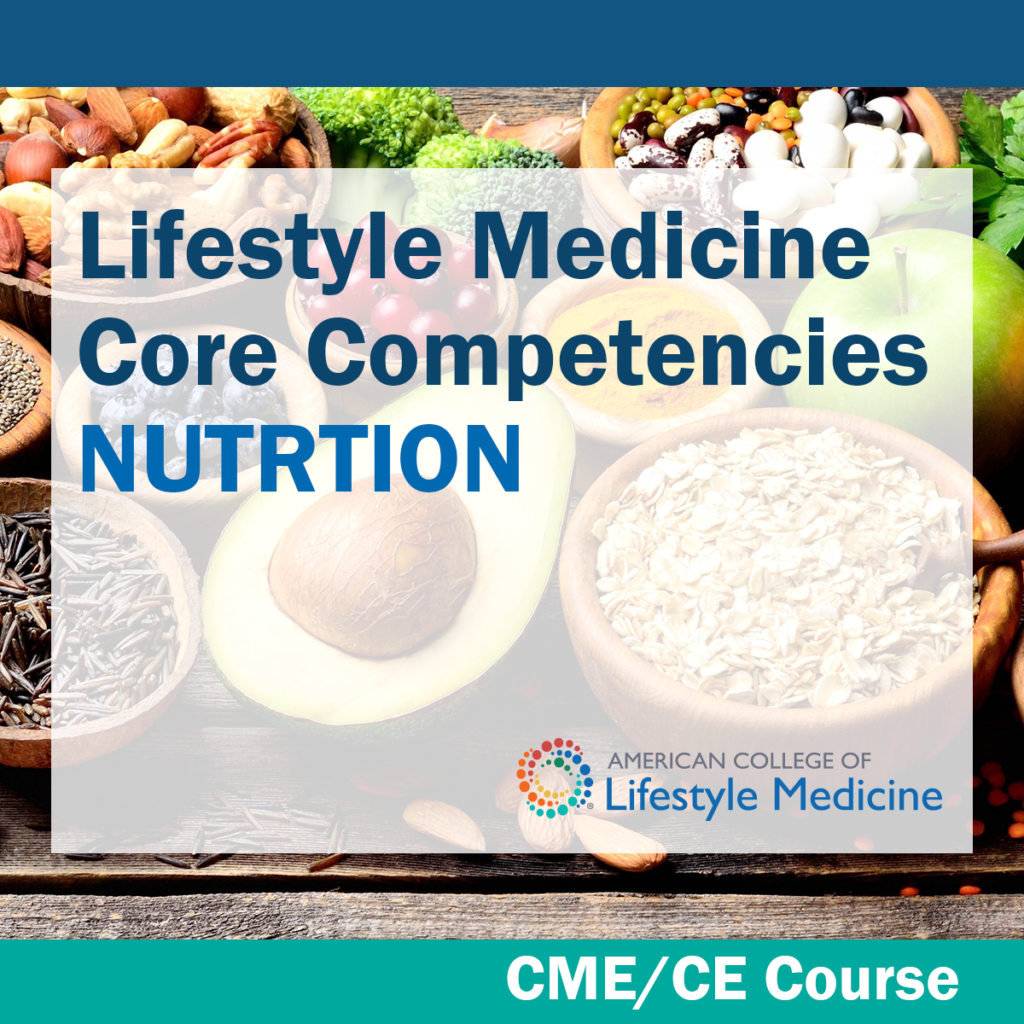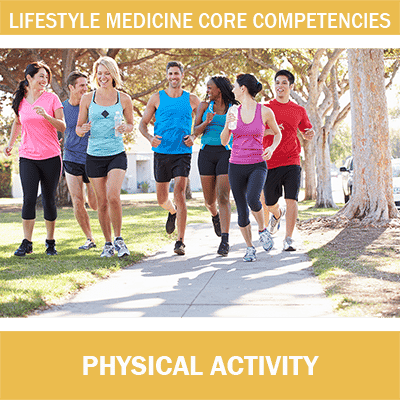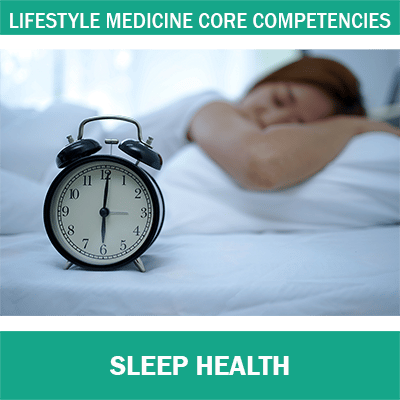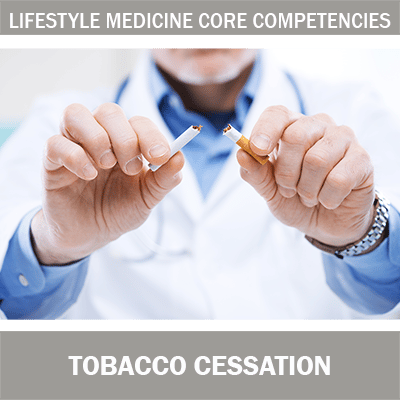Kayli Anderson, MS, RD, ACSM-EP, DipACLM
Director of Nutrition & Healthcare | Lighter, Inc.
As a registered dietitian, Kayli has devoted her career to helping people transition to a healthier lifestyle. She is the chief author of The Plantrician Project’s Plant-Based Nutrition Quick Start Guide and has experience as a personal chef, culinary educator, and health coach in one-on-one and group settings. Currently, Kayli is Director of Nutrition & Healthcare at Lighter, Inc., a powerful meal planning platform that connects people with deeply personalized meal plans and grocery delivery to make changing eating habits easier. Lighter partners with experts, including Rip Esselstyn’s Engine 2, John Mackey’s The Whole Foods Diet, The Complete Health Improvement Program (CHIP), and many more to help transform their eating recommendations into an actionable bag of groceries for the people they inspire.
Kayli is also an active member of the American College of Lifestyle Medicine, serving as chair of the dietitians’ outreach committee and on faculty for the Lifestyle Medicine Core Competencies Program. Kayli earned her B.S. in Nutrition & Dietetics and her M.S. in Nutrition and Physical Performance from Saint Louis University in St. Louis, MO.
Kaylan Baban, MD, MPH, DipABLM
Chief Wellness Officer and Assistant Professor of Medicine | George Washington University
Dr. Baban is Chief Wellness Officer and Assistant Professor of Medicine at the George Washington University School of Medicine and Health Sciences, and Director of the Lifestyle Medicine program at the GW Medical Faculty Associates. She is board-certified in Preventive Medicine and Lifestyle Medicine with a focus on holistic care and patient empowerment.
Dr. Baban earned her bachelor’s degree from Columbia University as an I. I. Rabi Science Scholar. She received her MD and MPH from Icahn School of Medicine at Mount Sinai as a George James Epidemiology awardee with Distinction in Research. She completed residency and a chief year in Preventive Medicine at Icahn School of Medicine at Mount Sinai as a Delta Omega Public Health Honor Society inductee, Harvard Macy Future Academic Clinician Educator, and Mount Sinai Beth Israel Integrative Medicine interdisciplinary fellow.
As a clinician and educator, Dr. Baban believes that a holistic approach personalized to the individual is the key to success, and she enjoys working with her patients and students to find the path right for them. Dr. Baban’s research and curricular efforts address mindful provision of healthcare and digital health for prevention, patient empowerment, and optimized health outcomes. She currently leads a mixed-methods evaluation of individualized lifestyle management for dysautonomic conditions.
Dr. Baban is an active member of both the American College of Preventive Medicine and the American College of Lifestyle Medicine, serving as core faculty for the colleges’ joint Lifestyle Medicine Core Curriculum course, advisor and lead faculty of the ACLM Physician and Health Provider Well-Being course, and member of the ACLM 2020 planning committee.
Marc Braman, MD, MPH, FACLM, FACPM
Innovator | Lifestyle Medicine Pro, LLC
Dr. Braman spent the better part of seven years building the national professional association the American College of Lifestyle Medicine (second President, first Executive Director). Under his leadership, ACLM put lifestyle medicine (LM) on the professional map with national conferences, collaborations with other professional organizations, and education and professional development for physicians and other practitioners. Initial efforts toward establishing professional standards led to collaboration with ACPM, culminating in the first ever publication in JAMA on LM with recommended competencies for all physicians in prescribing LM (Lianov, Johnson, JAMA, July 14, 2010).
Dr. Braman continues to innovate professionally: 1) as President of the Lifestyle Medicine Foundation, creating the practical resources and systems for LM in the next generation of health care; 2) as Founder and Lead Doc of Lifestyle Medicine Pro, LLC – a LM practice management consultancy and practice network; 3) developing patient voice and advocacy in health care and system design, and; 4) working toward a functioning health care system that works as it could and should for patients and society. He has directed departments for hospitals and clinics, and continues to practice LM, working with patients to find “the joy of living well”.
Wayne S. Dysinger, MD, MPH, FACLM, FACPM, DipABLM
Medical Director and Chair | Lifestyle Medical
Dr. Dysinger is a lifestyle and primary care physician who currently serves as Medical Director of Lifestyle Medical, a set of new model primary care clinics in southern California that are built around the principals of Lifestyle Medicine. He is also Chair of the American Board of Lifestyle Medicine and the International Board of Lifestyle Medicine. He is an active faculty at Loma Linda University and consults, teaches and participates in research on Lifestyle Medicine issues around the world.
Dr. Dysinger was previously Chair, Department of Preventive Medicine, Loma Linda University as well as the Medical Director of the Complete Health Improvement Program (CHIP). He is a past President of the American College of Lifestyle Medicine, and has been on the board of the American College of Preventive Medicine and the Association for Prevention Teaching and Research. He has worked in various capacities with the American Medical Association and the American Academy of Family Physicians.
Dr. Dysinger earned his M.D. degree from Loma Linda University School of Medicine (1986), and his MPH from Loma Linda University School of Public Health (1990). He has previously worked in Guam, Atlanta and Dartmouth. His board certification is in Family Medicine and Preventive Medicine.
Ingrid Edshteyn, DO, MPH, DipABLM
Founder, Board-Certified Preventive & Obesity Medicine Physician | Valia Lifestyle
Dr. Ingrid Edshteyn is a Board Certified Preventive Medicine physician treating the causes of preventable disease. Her work in preventive and lifestyle medicine brings a unique integration that encompasses disease prevention and health promotion for both individual patients and populations.
Dr. Edshteyn has been a passionate advocate for the central importance of healthy lifestyle choices as the foundation for medicine since the start of clinical training, when she joined both ACPM and ACLM. Since then, she served on the board of directors and as the Associate Executive Director for Membership and Education at ACLM. She is contributing to the mission of healthier and happier lives for patients by developing a primary care practice that is rooted in prevention and lifestyle counseling and informed by her board certifications from the American Board of Lifestyle Medicine and American Board of Obesity Medicine.
Michael Greger, MD, FACLM, DipABLM
President | NutritionFacts.org
A founding member and Fellow of the American College of Lifestyle Medicine, Michael Greger, MD, is a physician, New York Times bestselling author, and internationally recognized speaker on nutrition. He has videos on more than 2,000 health topics freely available at NutritionFacts.org, with new videos and articles uploaded almost every day.
Dr. Greger has lectured at the Conference on World Affairs, testified before Congress, and was invited as an expert witness in the defense of Oprah Winfrey in the infamous “meat defamation” trial. He is a graduate of Cornell University School of Agriculture and Tufts University School of Medicine. His latest books— How Not to Die, the How Not to Die Cookbook, and How Not to Diet all became instant New York Times Best Sellers. His latest book, How to Survive a Pandemic, was just released in May. All proceeds he receives from the sales of his books go to charity.
Liana Lianov, MD, MPH, FACLM, FACPM, DipABLM
Chair, Happiness Science and Positive Health Committee | American College of Lifestyle Medicine
President, Positive Health and Wellness Division | International Positive Psychology Association
Vice Chair | American Board of Lifestyle Medicine
Founder and Principal | HealthType LLC
As an innovative leader in lifestyle medicine, Dr. Lianov has advanced the movement in the US and internationally. She currently serves as the Chair of the Happiness Science and Positive Health Committee of the American College of Lifestyle Medicine (ACLM), lead faculty for the ACLM Physician and Health Professional Well-Being Program, vice-chair of the American Board of Lifestyle Medicine, and President of the Positive Health and Wellness Division of the International Positive Psychology Association. She is also the lead faculty for the first of its kind intensive lifestyle medicine physician curriculum sponsored by American College of Preventive Medicine (ACPM) and ACLM.
Dr. Lianov is the lead author for the 2010 publication in the Journal of the American Medical Association unveiling the lifestyle medicine core competencies for the physicians developed by a national blue-ribbon panel of health professional organizations, which she chaired.
Dr. Lianov is a past president of the ACLM, a past board regent of ACPM, and the former Healthy Lifestyles Division Director of the American Medical Association. She previously directed a number of heart disease and stroke prevention, cancer detection, and other chronic diseases and mental health services programs at the California Department of Health Services. Her leadership of the inaugural national Summit on Happiness Science in Health Care, her publications, including the groundbreaking book Roots of Positive Change: Optimizing Health Care in Positive Psychology, and presentations are spearheading the integration of positive psychology interventions in health care.
Margaret Moore, aka Coach Meg, MBA, NBC-HWC
Founder/CEO | Wellcoaches Corporation
Margaret Moore/Coach Meg, MBA, is an executive coach, Co-founder (2009) and Chair of the Institute of Coaching at McLean, a Harvard Medical School affiliate, and co-director of the Coaching in Leadership & Healthcare conference offered by Harvard Medical School since 2008. Moore teaches transformational leadership at Harvard Medical School’s Office of Global Education, and coaching psychology at Harvard University Extension School.
Following 17 years as an executive in the biotech industry, in the UK, Canada, France, and the US, Margaret founded Wellcoaches Corporation, a coaching school for health professionals. Wellcoaches has trained more than 12,000 coaches in 50 countries since 2000. In 2010 Margaret co-founded the National Board for Health and Wellness Coaching, a nonprofit subsidiary of the National Board of Medical Examiners, establishing coaching standards, coach certification, and healthcare reimbursement of health and well-being coaching services.
She is co-author of 18 peer-reviewed articles and 7 book chapters on coaching, the peer-reviewed Coaching Psychology Manual published by Wolters Kluwer, and Harvard Health Books Organize Your Mind, Organize Your Life and Organize Your Emotions, Optimize Your Life.
Edward M. Phillips, MD, DipABLM
Assistant Professor of Physical Medicine and Rehabilitation | Harvard Medical School
Founder and Director | Institute of Lifestyle Medicine (ILM)
Edward Phillips, MD, is Assistant Professor of Physical Medicine and Rehabilitation at Harvard Medical School, Director of the Institute of Lifestyle Medicine (ILM) at Spaulding Rehabilitation Hospital (www.instituteoflifestylemedicine.org) and Chief of Physical Medicine & Rehabilitation Services at the VA Boston Healthcare System. Additionally, Dr. Phillips is a Fellow of American College of Sports Medicine (FACSM) and serves on the executive council that developed and leads the Exercise is Medicine™ global initiative. He is co-author of ACSM’s Exercise is Medicine™, A Clinician’s Guide to Exercise Prescription (Wolters-Kluwer, 2009) and is past chair of the Exercise is Medicine Education Committee. The President’s Council on Fitness, Sports and Nutrition has recognized both Dr. Phillips and the ILM with its Community Leadership Award.
Scott Stoll, MD, FABPMR
Co-founder | The Plantrician Project
Scott Stoll, MD, is the co-founder of The Plantrician Project, The International Plant Based Nutrition Healthcare Conference, The International Journal of Disease Reversal and Prevention as well as the Regenerative Health Institute – a unique collaborative project with The Rodale Institute that integrates a regenerative vision for human health, agriculture, and the environment.
He is a member of the Google FoodLab, serves on the advisory board at Whole Foods for their health care clinics and has served as a member of the Whole Foods Scientific and Medical Advisory Board. Dr. Stoll is the Chairman of the Board for The Plantrician Project.
Every year, Dr. Stoll hosts the very popular one-week health immersion — Dr. Stoll’s Total Health Immersion — in Naples, Florida. The immersion helps attendees restore and optimize their health, suspend and reverse common lifestyle diseases and develop a sustainable, regenerative lifestyle. Dr. Still has authored several books, including Your Next Bite and Alive!, as he has published numerous scientific articles.
In addition to authoring several books including Your Next Bite, Alive!, and numerous scientific articles.
Dr. Stoll has appeared on national programs including The Dr. Oz Show. He has hosted a 2018 PBS special, Food As Medicine, and numerous documentaries including Eating You Alive, Wait Till Its Free, and The Game Changers. In addition to these many accomplishments, Dr. Stoll was a member of the 1994 Olympic Bobsled Team, and he is a highly sought-after international speaker. Dr. Stoll and his family live in Bethlehem, Pennsylvania.
Csilla Veress ND, LAc
Naturopathic Doctor and Licensed Acupuncturist | TrueNorth Health Center
Csilla Veress, ND, LAc, is a primary care doctor at TrueNorth Health Center in Santa Rosa, CA. Dr. Veress is a graduate of Rutgers University with a degree in Biology, and she obtained her medical degree from Bastyr University, where she also finished her master’s degree in Acupuncture and Oriental Medicine. The focus of her practice and outreach is to educate and inspire individuals to achieve optimal health through nutrition and lifestyle medicine.
Csilla lectures at TrueNorth Health and in the community on the impact of whole food, plant based nutrition, water fasting and lifestyle modification in preventing and treating chronic illness. She is a contributing writer for NPLEX, helping elevate excellence within ND board examinations. She has also written several articles for Health Science Magazine and has been featured on various podcasts in the whole food, plant-based nutrition communities.

